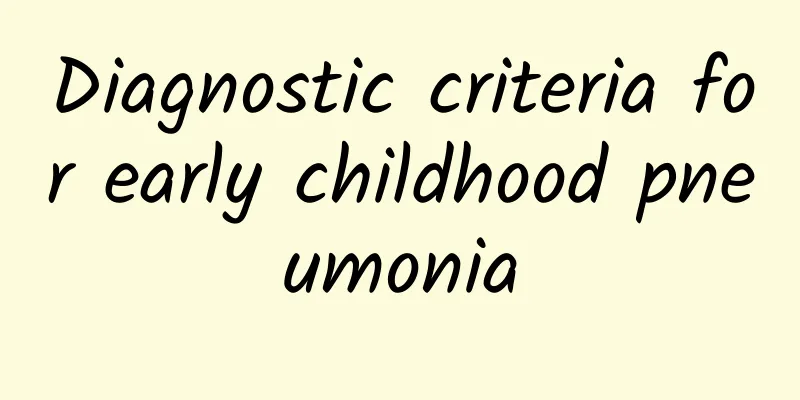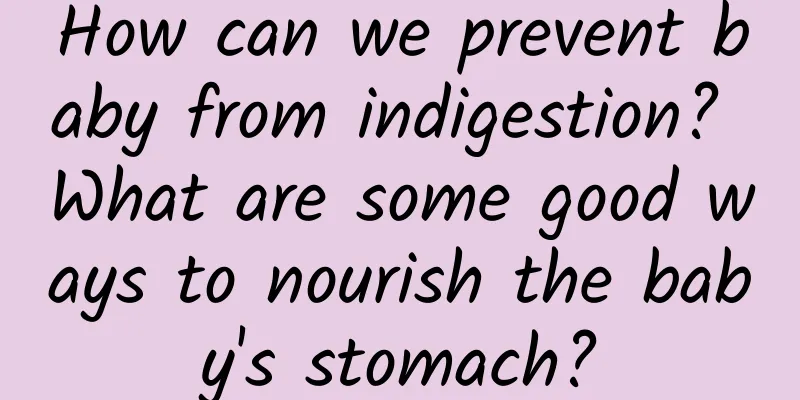How to treat hand, foot and mouth disease in children?

|
Children with hand, foot and mouth disease need to be treated promptly. In most cases, the disease is mild and can be relieved through symptomatic treatment and care. However, if a high fever persists and consciousness is abnormal, medical attention should be sought immediately. Common treatments include medication, physical cooling and home care. 1. Drug treatment Hand, foot and mouth disease is usually caused by enterovirus infection. There is currently no specific antiviral drug, but some symptomatic drugs can be used to relieve discomfort. Antipyretics: If the child's fever exceeds 38.5℃, you can use children's formulations of ibuprofen or acetaminophen to reduce the fever. Use it strictly according to the doctor's advice. Oral anti-inflammatory drugs: For herpes and ulcers in the mouth, you can use Kaihoujian spray or apply vitamin B complex liquid to help relieve pain and speed up healing. Soothing topical compresses: If the itching of herpes on the hands or feet is severe, you can apply calamine lotion topically under the guidance of a doctor. 2 Physical cooling If the child's fever is not high, physical cooling can be used. Common methods include: Warm water sponge bath: Use warm water to gently wipe your child's body, especially the armpits, neck, and limbs, to help cool down. Cold compress on forehead: Applying a cold towel to the forehead for a short time can help reduce the temperature. 3. Home Care During home care, you should pay attention to the following: Maintain a light diet: Children may have difficulty eating when they have oral pain. It is recommended to give them warm and cool liquid or semi-liquid diets, such as rice porridge, soft noodles, etc. Avoid overly hot or spicy foods. Strengthen oral hygiene: Let your child rinse his mouth with warm water after meals to prevent food residues from irritating ulcers. Replenish fluids: Children may eat less due to fever or herpes pain, so they need to drink more warm water or light salt water to avoid dehydration. It should be emphasized that if a child shows the following serious symptoms, such as high fever for more than 3 days, mental depression, limb weakness, difficulty breathing and other symptoms, he should go to the hospital immediately to avoid serious complications such as meningitis or myocarditis. In most cases, there is no need to panic when children have hand, foot and mouth disease. They can recover quickly with the right treatment and home care. However, parents should pay close attention to changes in symptoms and seek medical attention in a timely manner if the condition worsens. Parents can also do preventive work in their daily lives, such as keeping their hands clean and avoiding taking their children to crowded places, to reduce the risk of infection. |
<<: What causes neonatal jaundice?
>>: Is hand, foot and mouth disease in children highly contagious?
Recommend
Drugs for treating diarrhea in children
In daily life, diarrhea in children is quite comm...
How to diagnose diarrhea in children
Pediatric diarrhea is a very common disease that ...
Key points for diagnosis of ADHD in children
Children with ADHD are very active and have diffi...
What are the treatment stages for protein-energy malnutrition? What are the principles of nutritional treatment?
Speaking of protein-energy malnutrition, we may n...
Why do you lose your hair after giving birth? There are two reasons
Most of the severe hair loss after childbirth is ...
Normal range of jaundice index
The normal range of jaundice index is an importan...
Can polio be cured in hospitals?
Polio is an acute infectious disease with a very ...
How to treat hernia in children How to care for hernia in children
The incidence of hernia is very high, and most of...
Can children with pneumonia eat beans?
What should you eat when you have pneumonia? Pneu...
Treat children with diarrhea by taking Enteritis Ning Granules
Children with diarrhea can take Changyanning Gran...
Do you know some tips on the prevention and treatment of Kawasaki disease?
What are the basic knowledge about the prevention...
What medicine should I take for diarrhea in children?
Diarrhea in children requires the identification ...
How to prevent recurrence of acute laryngitis in children?
How to prevent the recurrence of acute laryngitis...
Pneumonia examination items for children
Neonatal pneumonia is a common disease. Many chil...
How does allergic rhinitis in children cause cough?
There are many causes of allergic rhinitis in chi...









